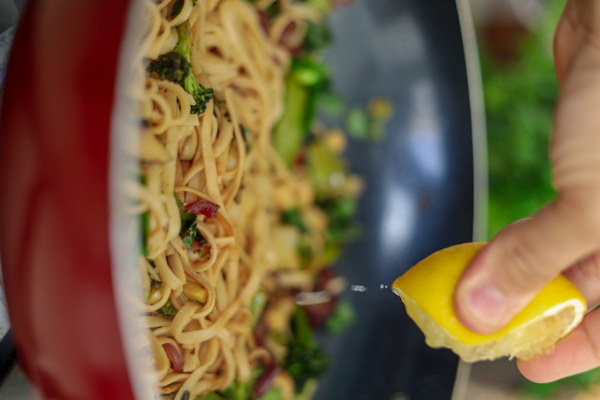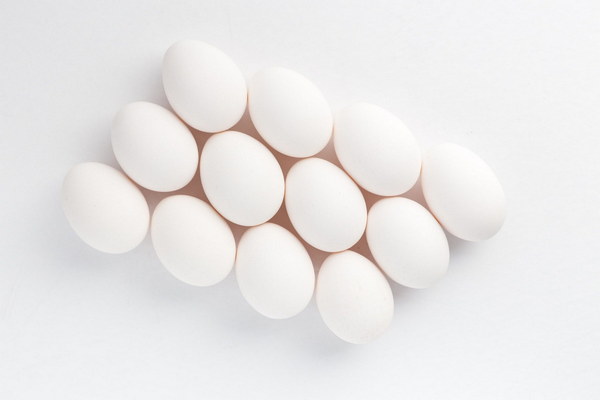Feast Less Liver Health Grows The Impact of Eating Less on Liver Wellbeing
Feast Less, Liver Health Grows: The Impact of Eating Less on Liver Well-being
In the pursuit of optimal health, the adage You are what you eat takes on a new significance when it comes to liver health. The liver, often termed the body's biochemical factory, is responsible for detoxifying harmful substances, metabolizing nutrients, and producing bile to aid digestion. Surprisingly, one of the most effective ways to support liver function is to eat less. Here's an in-depth look at how reducing food intake can positively impact liver health.
The Liver's Role in Metabolism
The liver plays a crucial role in the metabolism of carbohydrates, proteins, and fats. It stores glucose as glycogen for energy release when blood sugar levels drop. Additionally, the liver synthesizes cholesterol, proteins, and amino acids. However, when the liver is overburdened with an excessive amount of food, it can struggle to perform these functions efficiently.
Overeating and Liver Strain
When we overeat, the liver has to process a higher volume of nutrients than it can handle, leading to several potential issues. The excess sugar and fats can lead to fatty liver disease, a condition where the liver accumulates excess fat, which can progress to inflammation and liver damage. Over time, this can result in conditions like non-alcoholic fatty liver disease (NAFLD) and even cirrhosis.
The Benefits of Eating Less
1. Reduced Fatty Liver Risk: By eating less, we can help prevent the accumulation of fat in the liver. This is because the liver's workload is reduced, allowing it to better manage the nutrients we consume.
2. Improved Detoxification: A lighter diet means the liver has more energy to focus on detoxifying harmful substances, such as drugs and alcohol. This can lead to a healthier internal environment and better overall health.
3. Weight Management: Eating less can also contribute to weight loss, which is beneficial for the liver. Excess body fat increases the risk of NAFLD, so maintaining a healthy weight is key.
4. Blood Sugar Regulation: A diet that is less calorie-dense can help regulate blood sugar levels, reducing the risk of type 2 diabetes, which is a significant risk factor for liver disease.
Practical Tips for Eating Less
1. Mindful Eating: Pay attention to portion sizes and eat slowly. This gives your brain time to register fullness and prevent overeating.
2. Balanced Meals: Focus on consuming a variety of nutrient-rich foods, including fruits, vegetables, lean proteins, and whole grains. This ensures your body receives the necessary nutrients without overloading the liver.
3. Regular Meals: Eating smaller, more frequent meals can help control hunger and prevent overeating during meals.

4. Stay Hydrated: Drinking plenty of water can help control appetite and aid in digestion.
5. Limit Processed Foods: Processed foods are often high in calories, sugar, and unhealthy fats, which can strain the liver.
6. Avoid Alcohol: Alcohol is particularly hard on the liver, so limiting or avoiding it can significantly improve liver health.
In conclusion, the adage Feast Less, Liver Health Grows is not just a catchy phrase but a practical guide to maintaining a healthy liver. By reducing food intake, we can alleviate the strain on the liver, support its natural functions, and contribute to overall well-being. Incorporating mindful eating habits and focusing on a balanced diet can lead to a healthier liver and a healthier you.









